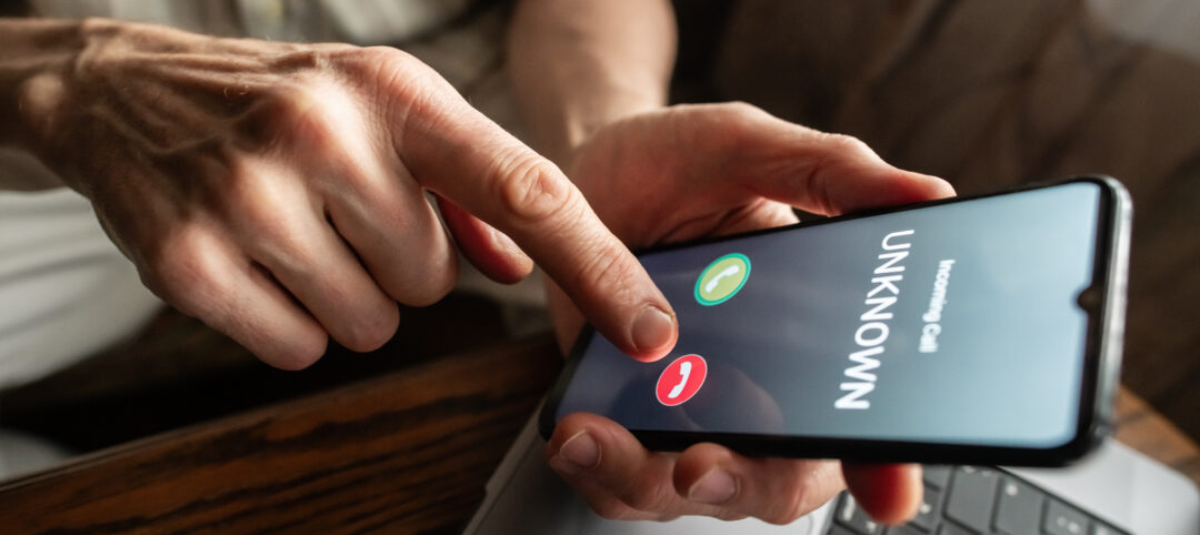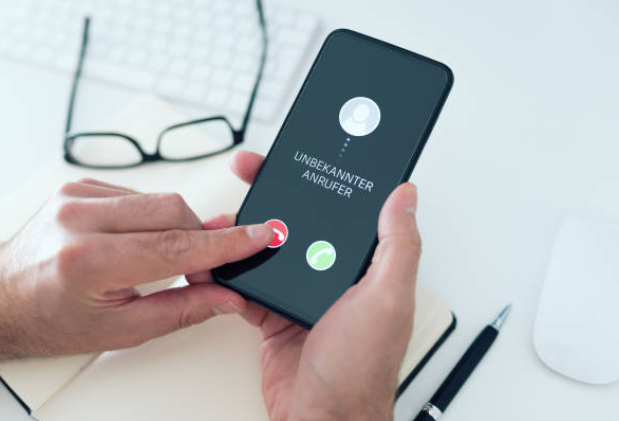The four telephone prefixes that you should never answer a call to: they are a scam

Fraudulent calls have increased in recent years, to the point that many people avoid answering even when the caller ID does not mark them as spam.
It is also common to receive WhatsApp messages from international numbers that offer supposed job opportunities, but which are actually intended to deceive. Given this situation, various authorities have indicated which telephone prefixes should be avoided.
According to the Spanish Civil Guard, the numbers most used for scams come from Albania (355), Ivory Coast (225), Ghana (233) and Nigeria (234).

Numbers with prefixes 355, 225, 233 and 234 are often used in telephone fraud. Photo: iStock
Toll scams often start with automated calls to random numbers . The phone rings only once or twice before the call is disconnected.
The scam occurs when the person tries to call back. In doing so, they are connected to a premium rate line, where the cost per minute is higher than usual. In many cases, the scammers receive a percentage of the money the victim pays for that call.

Scammers use voice recordings to authorize transactions without consent. Photo: iStock
On the other hand, the National Institute of Cybersecurity (Incibe) of Spain warned about voice manipulation in recordings, a technique used to carry out fraud. In addition, it warned that the simple act of answering “yes” in a call can be exploited to authorize unwanted payments or subscriptions.
To reduce risks, it is essential to verify the prefix of the numbers you are trying to contact and avoid answering calls from unknown senders.
If you have already answered one of these calls, it is advisable not to share personal, financial or banking information , such as your card security code or ATM token. In addition, experts warn that scammers seek to prolong the conversation to increase the costs of the special rate.
How to block unwanted calls? Android phone users can follow these steps to filter spam calls:
- Open the Google 'Phone' app.
- Tap the three dots in the top right corner and select 'Settings'.
- Access Caller ID and Spam.
- Turn on the 'View caller ID and spam' and 'Filter spam calls' options.
For those who have an iPhone , the procedure is as follows:
- Go to the phone's 'Settings'.
- Select the 'Phone' option.
- Activate the 'Show Caller ID' function.
The Industrial and Commercial Bank of China (ICBC), with a presence in Latin America, recommends these measures to protect yourself from fraudulent calls:
- Do not answer calls from unknown numbers.
- Be wary of unexpected communications and do not provide personal or financial information without verifying the identity of the person you are communicating with.
- Do not return calls to suspicious numbers as they may incur high charges.
- Set up call blockers using carrier apps or services.
- Use your voicemail as a filter, as scammers rarely leave messages.
- Do not give in to pressure, as scammers often use threats to induce impulsive responses.
- End the call if you feel unsure about the authenticity of the caller.
The Nation (Argentina) / GDA
More news in EL TIEMPO *This content was rewritten with the assistance of artificial intelligence, based on information from La Nación, and was reviewed by a journalist and an editor.
eltiempo






